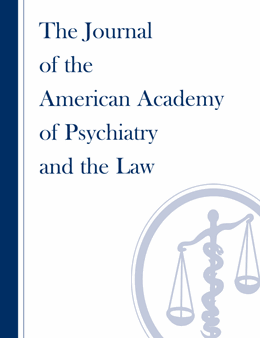PLEASE DO NOT QUOTE
First off, the main point of the thread is to just hear whether you guys think this should be a legitimate fear or if I should just let it go.
So basically, I was diagnosed a couple years ago with OCD. It has been mild for a while, so I decided to forego treatment as I generally just didn't have the time and energy to actually go for treatment, and my obsessions were nothing above mildly annoying. As of recently, because of the stress of the application cycle and issues at home, my obsessions have gotten worse, and I decided to schedule an appointment with an OCD center to be assessed for treatment.
So here are my fears: 1. My school or doctors on rotations might find out about my treatment. The OCD center is affiliated with the main psychiatric hospital the medical school that I am enrolling in is affiliated with. I feel like me seeking treatment could affect how people view me during rotations, or even how PD's view me during residency applications. If I do not tell anyone that I am seeking treatment, there is no way my medical school or residencies could find out right?
2. It may affect my medical licensure in the future. I have read over a few licensure applications and as far as I can tell, if my OCD is under control, I do not have to disclose it, but I want to hear if you guys think this may be a problem as well.
3. I am scared of being judged by my psychiatrist because I am a medical student seeking treatment for a chronic and scary mental health disease. I have yet to meet my psychiatrist, but this is by far one of my biggest fears, because I don't want to be viewed as the doctor who "needs to be on meds" in order to function. I also just have this recurring fear that one day my psychiatrist's patient notes will be used against me in a malpractice case or something.
At the end of the day, I understand getting treatment now will most likely help me in the long run, especially since my stress during medical school will likely make my symptoms worse, but I can't shake the feeling that there will be some sort of negative for seeking this treatment.
I really hope someone else has gone through something like this and can hopefully also give their opinion on these things. Just hearing about another medical student's experience with getting help from outpatient psychiatrists would be nice. Thanks again, and let me know if you guys need me to clarify anything.
First off, the main point of the thread is to just hear whether you guys think this should be a legitimate fear or if I should just let it go.
So basically, I was diagnosed a couple years ago with OCD. It has been mild for a while, so I decided to forego treatment as I generally just didn't have the time and energy to actually go for treatment, and my obsessions were nothing above mildly annoying. As of recently, because of the stress of the application cycle and issues at home, my obsessions have gotten worse, and I decided to schedule an appointment with an OCD center to be assessed for treatment.
So here are my fears: 1. My school or doctors on rotations might find out about my treatment. The OCD center is affiliated with the main psychiatric hospital the medical school that I am enrolling in is affiliated with. I feel like me seeking treatment could affect how people view me during rotations, or even how PD's view me during residency applications. If I do not tell anyone that I am seeking treatment, there is no way my medical school or residencies could find out right?
2. It may affect my medical licensure in the future. I have read over a few licensure applications and as far as I can tell, if my OCD is under control, I do not have to disclose it, but I want to hear if you guys think this may be a problem as well.
3. I am scared of being judged by my psychiatrist because I am a medical student seeking treatment for a chronic and scary mental health disease. I have yet to meet my psychiatrist, but this is by far one of my biggest fears, because I don't want to be viewed as the doctor who "needs to be on meds" in order to function. I also just have this recurring fear that one day my psychiatrist's patient notes will be used against me in a malpractice case or something.
At the end of the day, I understand getting treatment now will most likely help me in the long run, especially since my stress during medical school will likely make my symptoms worse, but I can't shake the feeling that there will be some sort of negative for seeking this treatment.
I really hope someone else has gone through something like this and can hopefully also give their opinion on these things. Just hearing about another medical student's experience with getting help from outpatient psychiatrists would be nice. Thanks again, and let me know if you guys need me to clarify anything.

